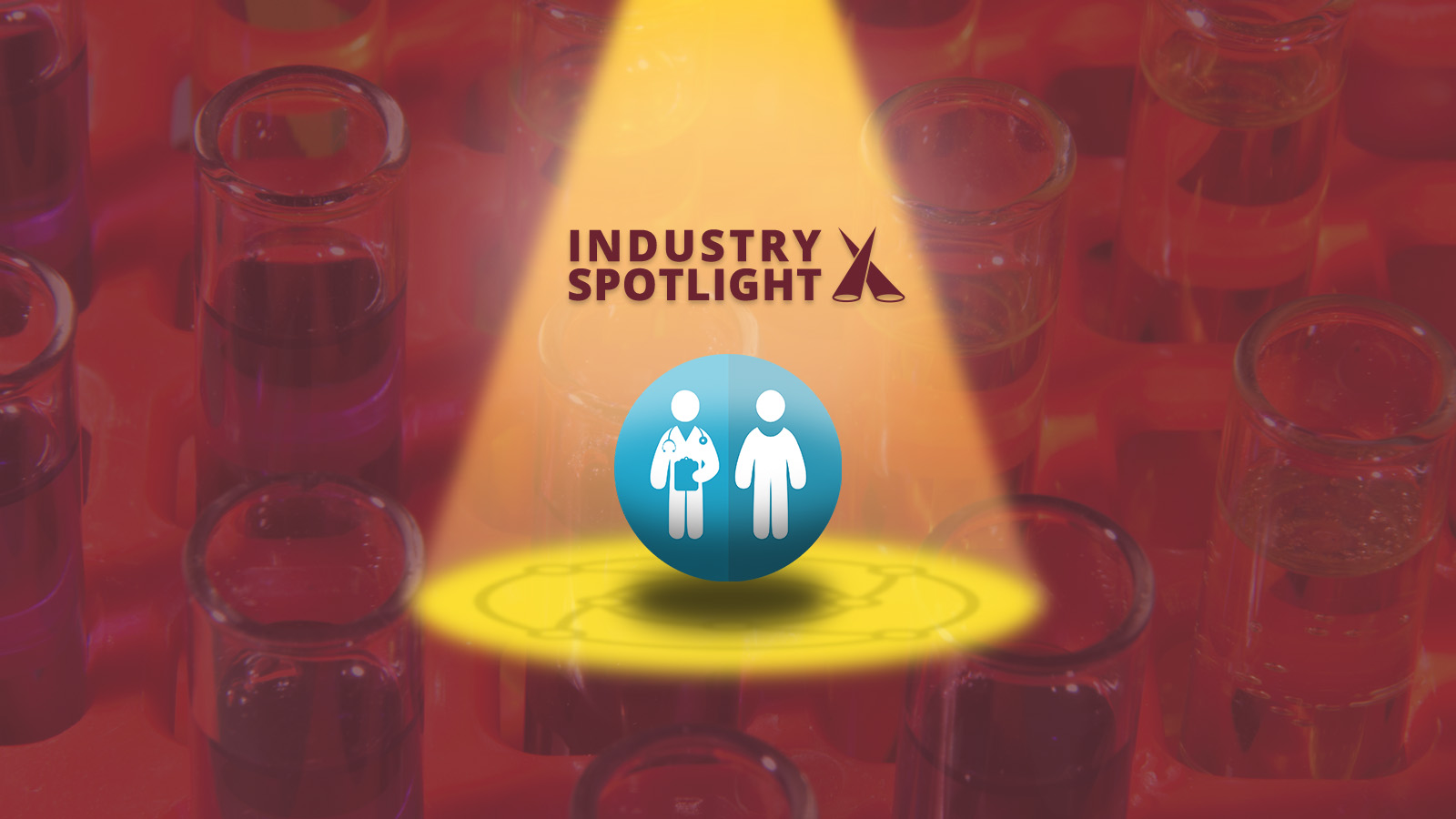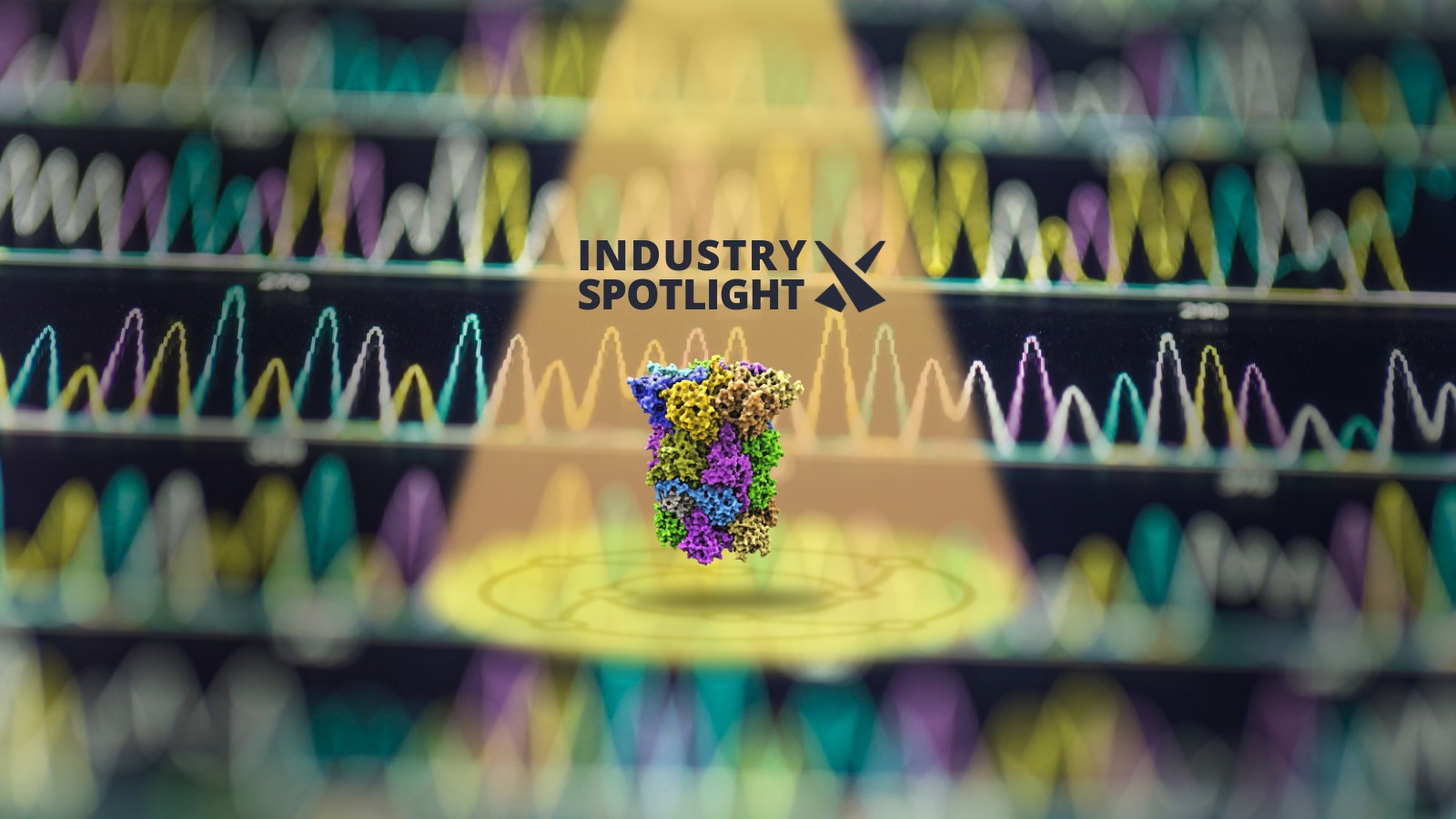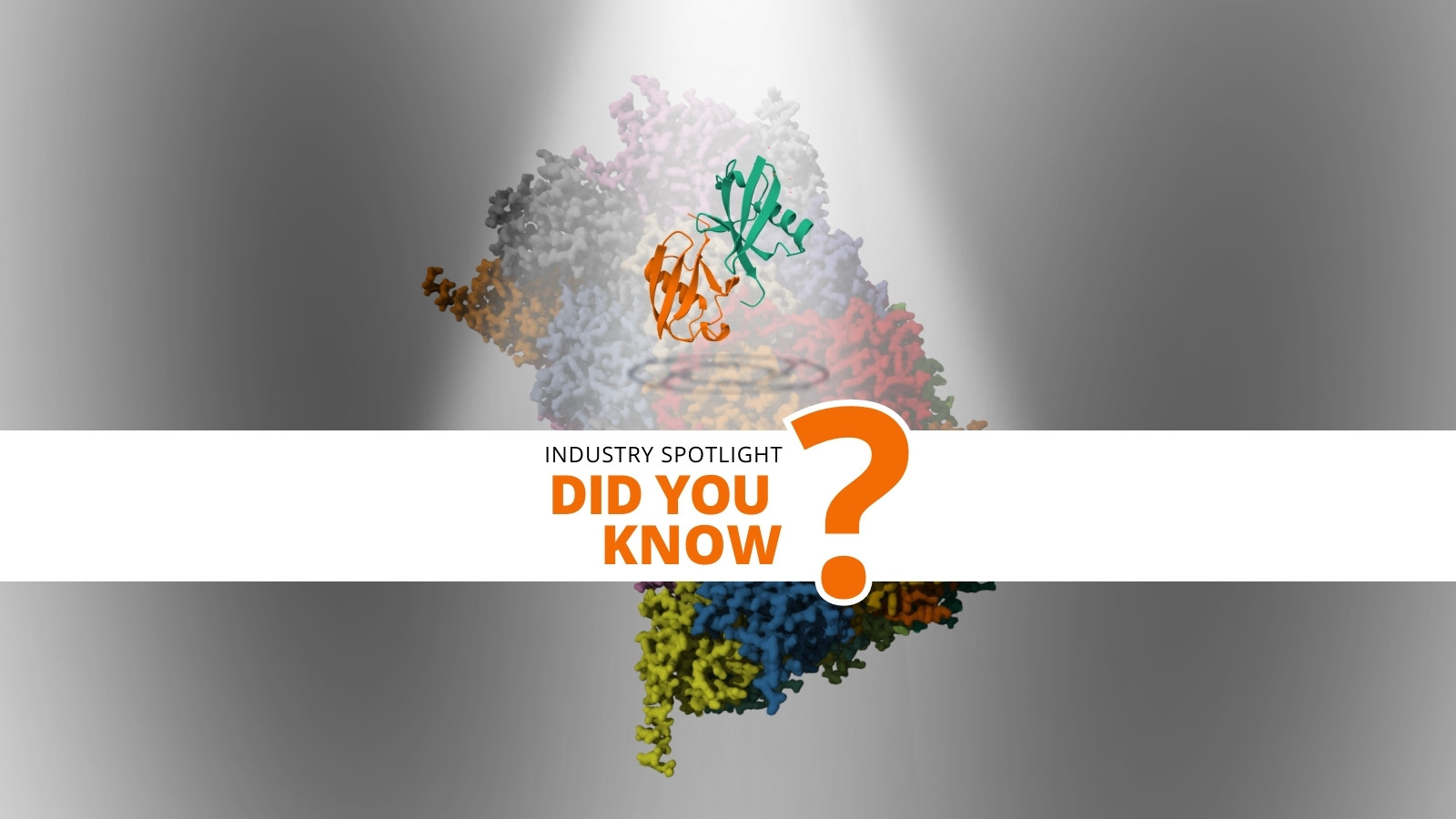Bicycle Therapeutics Publishes Preclinical Data from Nectin-4 Targeting Cancer Drug

An article in the Journal of Medicinal Chemistry has been published outlining preclinical data from Cambridge, UK company Bicycle Therapeutics’ BT8009 program. BT8009 is an anti-cancer drug candidate that targets Nectin-4, a validated tumour antigen that is expressed on multiple cancer indications.
The article, titled “Discovery of BT8009: a Nectin-4 Targeting Bicycle® Toxin Conjugate for the Treatment of Cancer” describes the discovery of BT8009 along with its pre-clinical data. Nicholas Keen, Bicycle’s Chief Scientific Officer, said “Nectin-4 is a validated tumour antigen target, and we are excited to develop a novel approach to Nectin-4 expressing tumours.”
The therapeutic, which is currently in Phase I/II clinical trials, consists of a bicycle toxin conjugate that delivers a cytotoxic payload to solid tumour cells. Bicycle toxin conjugates (BTCs) are a targeted delivery method for the treatment of solid tumours, currently being investigated by Bicycle Therapeutics.
BT8009 delivers the cytotoxin Monomethyl auristatin E to tumour cells that express Nectin-4. The toxin is conjugated to a peptide consisting of two loops, hence: a “bicycle”, similar to the way in which antibody drug conjugates (ADCs) are conjugated.
The article claims that BTCs have the advantage of being smaller than ADCs which “enables rapid delivery of payload into the tumour,” say the article’s authors. Furthermore, the article says that “the peptidic nature of BTCs results in a short duration of systemic exposure (?1 h) and liver-sparing renal elimination. These properties limit the body’s exposure to payload and should therefore minimize damage to normal tissue.”
- The Countdown Begins: How ADCs will Become the Next Generation of Biologics Therapeutics
- The Challenges Facing Antibody-Drug Conjugates for Immuno-Oncology
Bicycle Therapeutics have already reported preclinical anti-cancer efficacy in two BTCs: BT1718 and BT5528, both are currently under clinical evaluation. The Cambridge, UK based company hopes that this novel class of medicines can be used to treat “diseases underserved by existing therapeutics.”
Keen said: “Together with our study published recently in Molecular Cancer Therapeutics, these articles describe the preclinical work supporting the development of BT8009, which we are currently evaluating in a Phase I/II clinical trial across a number of solid tumour cancers.”
Join and network with over 200 industry leaders at Discovery US: In-Person, where we will address the latest advancements in target identification, validation, and HIT optimisation.
Get your weekly dose of industry news?here?and keep up to date with the latest?‘Industry Spotlight’ posts.?For other Discovery content, please visit the?Discovery Content Portal.





.png)

